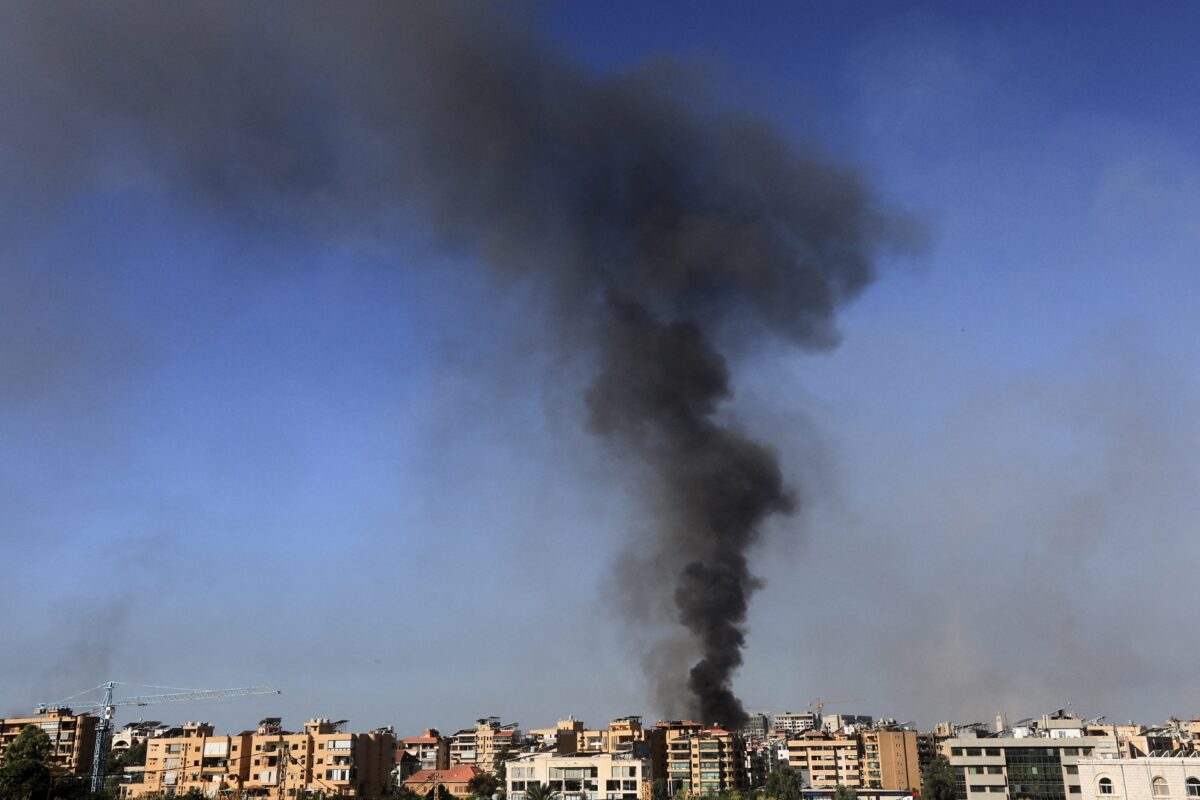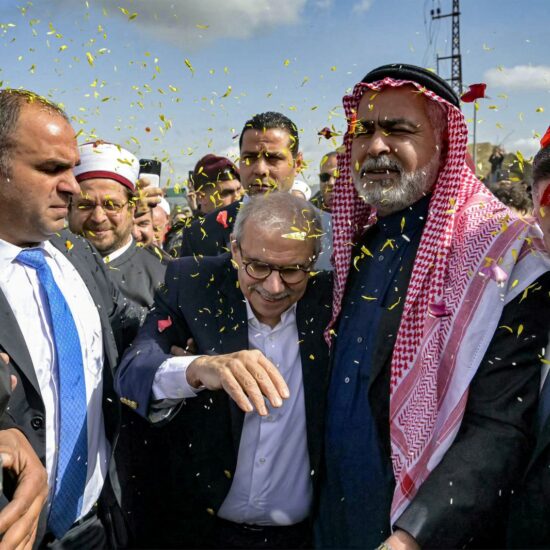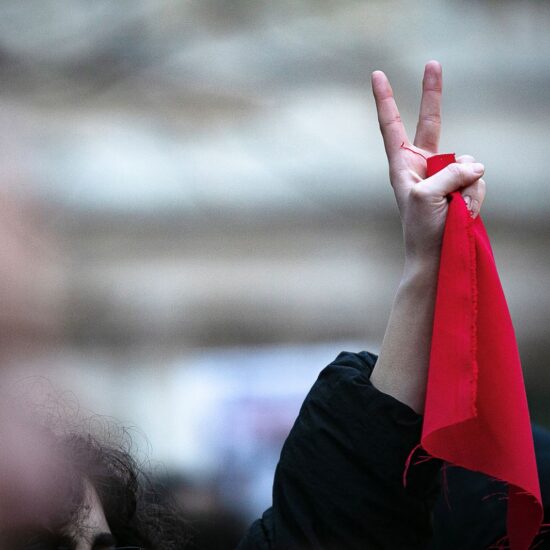
Israeli escalation, regional hesitance, and domestic uncertainty
The Middle East is again at a critical juncture, with recent events intensifying conflict and signaling possible shifts in power dynamics. Israel’s military actions, including the assassination of Hassan Nasrallah, mark a strategic escalation. Yet, despite the mounting tension, both Iran and the US appear hesitant to engage directly. Iran is still focused on the nuclear deal, while the US grapples with its internal politics ahead of the presidential election. As these two powers show reluctance, Lebanon finds itself vulnerable, caught between larger forces and internal instability.
Israel’s strategic intentions
Israel’s intensified military strikes, signal a multi-layered strategy designed to reshape the regional security landscape. The assassination of Nasrallah underscores Israel’s broader goal of dismantling Hezbollah’s military and political influence in Lebanon, and by extension, weakening Iran’s presence in the Levant.
By escalating tensions, Israel likely seeks to provoke a retaliatory response from Iran that could justify more extensive military engagement, thus drawing international attention to what it sees as the growing threat of Iranian-backed militias. Israel has long viewed Hezbollah as Iran’s most potent proxy, capable of destabilizing not only Israel’s security but also the broader region.
However, Iran’s current focus on a nuclear deal and economic recovery has so far restrained Tehran from escalating into direct conflict, even following Israel’s aggressive actions. Recent missile strikes by Iran, while significant, seem to be more symbolic than a genuine push toward open war, as Iran balances its regional ambitions with its broader diplomatic goals.
With limited prospects for broader regional escalation, Israel’s immediate focus remains on dismantling Hezbollah’s infrastructure. By targeting leadership, weapon caches, and key military assets, Israel aims to weaken Hezbollah’s capacity for future retaliation. This strategy aligns with Israel’s long-term security goal of minimizing Iran’s influence in the region. In the absence of direct U.S. or Iranian military engagement, Israel is acting decisively to reshape the balance of power in Lebanon and the wider Middle East, attempting to tip the scales before any broader diplomatic or military shifts occur.
Iran’s diplomatic tightrope
Iran’s position, particularly following the recent events and President Pezeshkian’s visit to New York for the UN General Assembly, signals a cautious but strategic approach. In his speeches, Pezeshkian emphasized Iran’s desire for peace and diplomatic engagement, particularly regarding the nuclear deal, while maintaining a critical stance toward Israel’s actions. His remarks also underscored the importance of regional cooperation and diplomatic dialogue to prevent further escalation in the Middle East. He reinforced Iran’s commitment to defending Hezbollah and condemned Israeli aggression, but also stressed that war would not benefit anyone in the region.
Iran seems to be navigating a delicate balance between supporting its proxies (like Hezbollah) and avoiding direct involvement in a broader conflict that could derail its diplomatic and economic goals, including reviving the nuclear deal. Pezeshkian’s message from New York illustrates Iran’s broader diplomatic strategy, aiming to maintain influence while seeking sanctions relief and international legitimacy.
However, there are also internal pressures within Iran. Pezeshkian’s softer tone contrasts with more hardline elements in Tehran, reflecting a factional divide within the regime. This division could be contributing to Iran’s calculated restraint in response to recent Israeli provocations, as it seeks to manage both international diplomacy and internal political dynamics.
US strategic caution amid domestic pressures
The United States continues to emphasize Israel’s right to self-defense, especially in the wake of Hezbollah’s actions and Israeli retaliations. However, the US has shown restraint in deepening its involvement in the conflict, reflecting its broader focus on domestic priorities, particularly with the upcoming presidential elections in November 2024. This electoral cycle, along with deep divisions within the US on foreign policy issues, makes the administration cautious about engaging in another major Middle Eastern conflict, which could complicate the domestic political landscape and alienate voters focused on economic and social issues.
Moreover, the Biden administration is keen on avoiding actions that could escalate the conflict between Israel and Hezbollah into a wider regional war, particularly involving Iran, which would distract from other foreign policy objectives, including competition with China and the war in Ukraine. This pragmatic approach aligns with US efforts to maintain influence in the region without committing significant resources to new military engagements, especially at a time when public sentiment leans toward reducing military presence abroad.
This reluctance to engage further also reflects the US’ broader strategic pivot away from the Middle East, a policy that has been evolving since the Obama administration. This shift has seen the US focus more on diplomacy and regional partnerships rather than direct military intervention.
Israeli ground invasion and the debate on occupation
Israel’s recent ground operations into southern Lebanon are supposedly intended to create a buffer zone and push Hezbollah fighters away from Israel’s northern border. These tactical moves focus on minimizing immediate threats, but the calls from right-wing Israeli factions advocating for a more permanent occupation of southern Lebanon are both unrealistic and highly dangerous.
Lebanon is not Gaza. Lebanon is a sovereign state, and Israel will face significant challenges in justifying a long-term occupation of southern Lebanon, particularly given that United Nations Security Council resolutions have already established protections for Lebanon against such actions. Hezbollah’s deep integration into Lebanese society, both militarily and politically, complicates the possibility of Israeli control. Occupying southern Lebanon risks broader conflict and international opposition, as Lebanon’s legal status and international protections make any sustained occupation both untenable and diplomatically costly for Israel. Moreover, such an occupation would risk destabilizing Lebanon further, potentially radicalizing segments of the population and providing Hezbollah with an even stronger narrative of resistance.
Lebanon’s fragile position
Israel’s assassination of Nasrallah has thrown Lebanon into a state of heightened uncertainty. For Lebanon, this is a precarious moment. While Nasrallah was a deeply polarizing figure, even his critics acknowledged his symbolic role. His death could either weaken Hezbollah’s grip on Lebanon or create a vacuum that escalates internal conflict as the group struggles to reorganize and maintain control.
This internal destabilization is compounded by Lebanon’s already fragile political and economic landscape. Hezbollah’s prominence in Lebanon’s military and political spheres means any disruption to its leadership could provoke significant instability, increasing Lebanon’s vulnerability to further Israeli strikes and leaving the country exposed to greater regional and internal risks. The loss of Nasrallah may trigger a recalibration in Lebanon’s political order, but whether this leads to greater cohesion or deeper division remains to be seen.
Political leadership and national unity
In light of these developments, Lebanon’s political leaders must take decisive and immediate action. The assassination of Nasrallah, while contributing to the current instability, also offers an opportunity for political recalibration. The opposition, long critical of Hezbollah, must now step forward with a united stance, demonstrating leadership during this critical time. Lebanon cannot afford a vacuum in governance; instead, it requires a proactive strategy to stabilize the situation. A shadow cabinet or emergency government is necessary to steer the country through the crisis, mobilize national resources, and engage international partners in diplomatic negotiations.
Lebanese leadership has a responsibility to promote stability through several key actions:
Parliamentary intervention: Convening an emergency session would signal national unity in the face of external threats and foster a unified approach to the escalating situation. This move could galvanize support from within Lebanon and the international community.
Unilateral ceasefire: By declaring a ceasefire, Lebanon could assert moral high ground, gain diplomatic backing, and pressure Israel to reconsider further military action. This could open avenues for peace talks and prevent further destruction.
Deploy the Lebanese Army to southern Lebanon: Re-establishing control over southern Lebanon through national forces would help stabilize the region, reducing the justification for further incursions and mitigating the risk of a wider conflict.
The path forward for Lebanon is fraught with challenges, but the actions taken in the coming days and weeks will shape the country’s future for years to come. As Hezbollah recalibrates in the wake of Nasrallah’s death, Lebanon’s political leadership must seize the moment to reassert national unity, prioritize diplomacy, and protect the country from further external and internal destabilization. Inaction or division at this critical juncture could leave Lebanon vulnerable, not just to further Israeli strikes, but to a deeper unraveling of its already fragile state. The time for bold, unified political action is now.
Ramzi Abou Ismail is a political psychologist and researcher at the University of Kent.
The views in this story reflect those of the author alone and do not necessarily reflect the beliefs of NOW.








